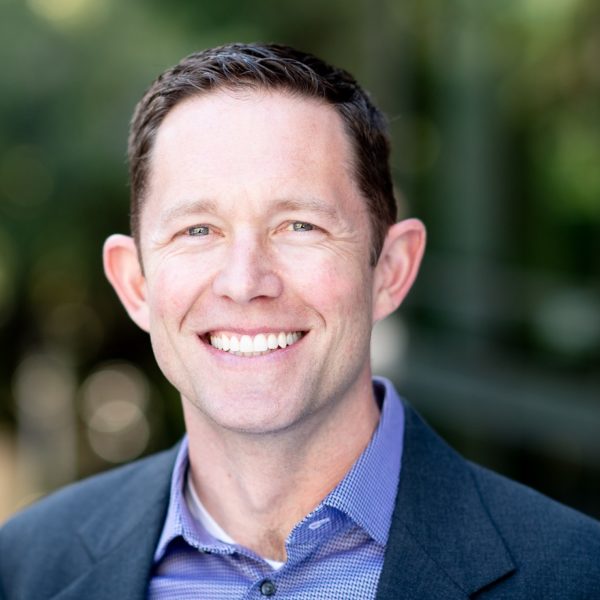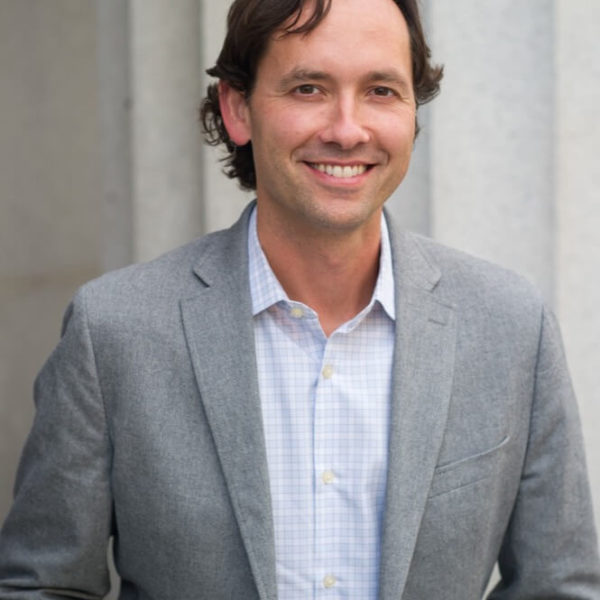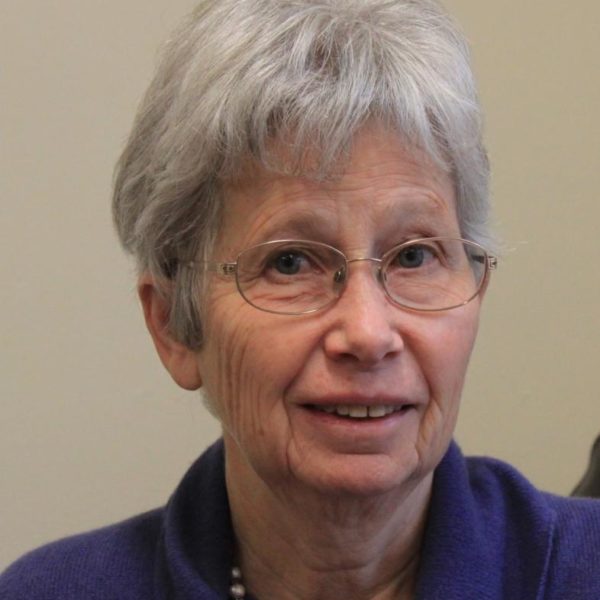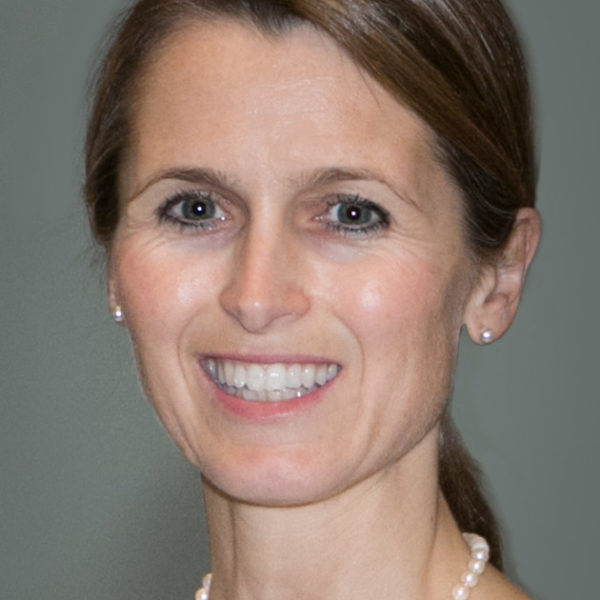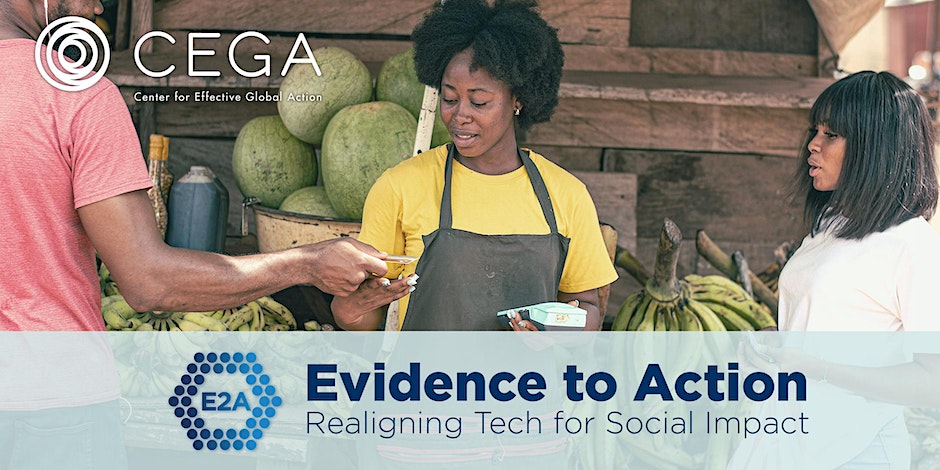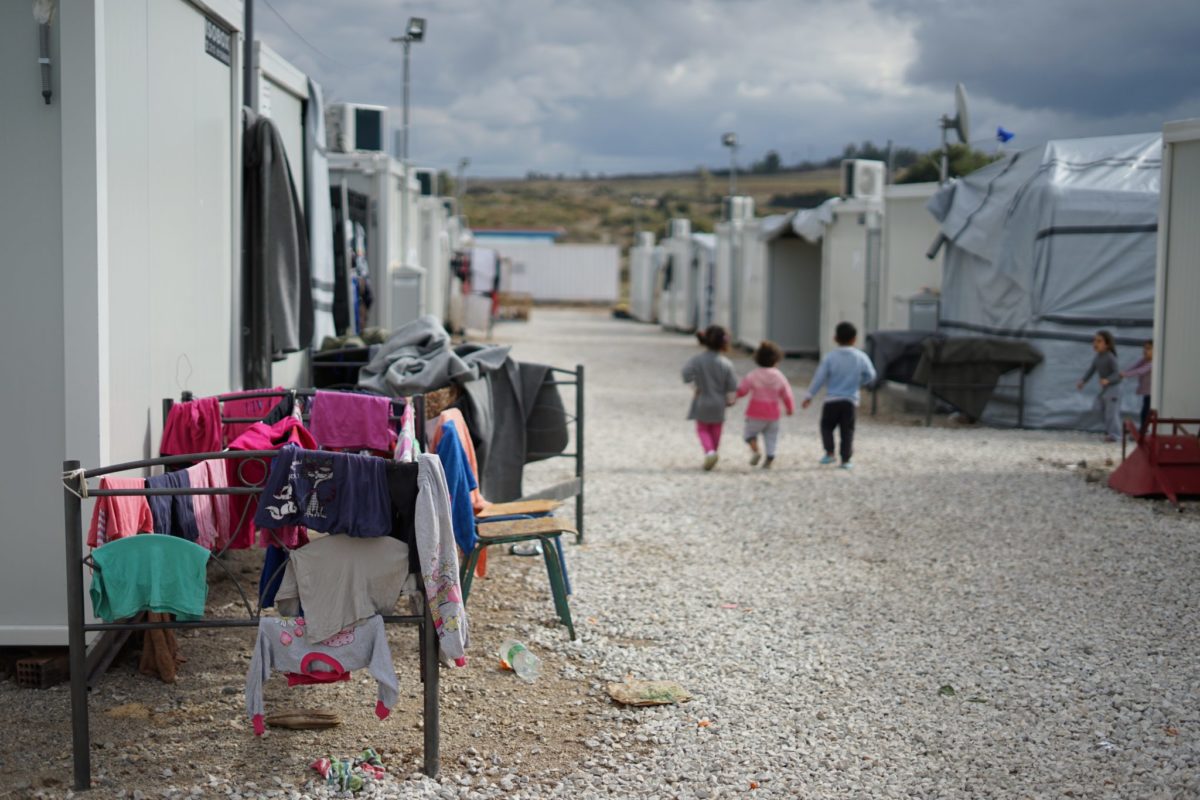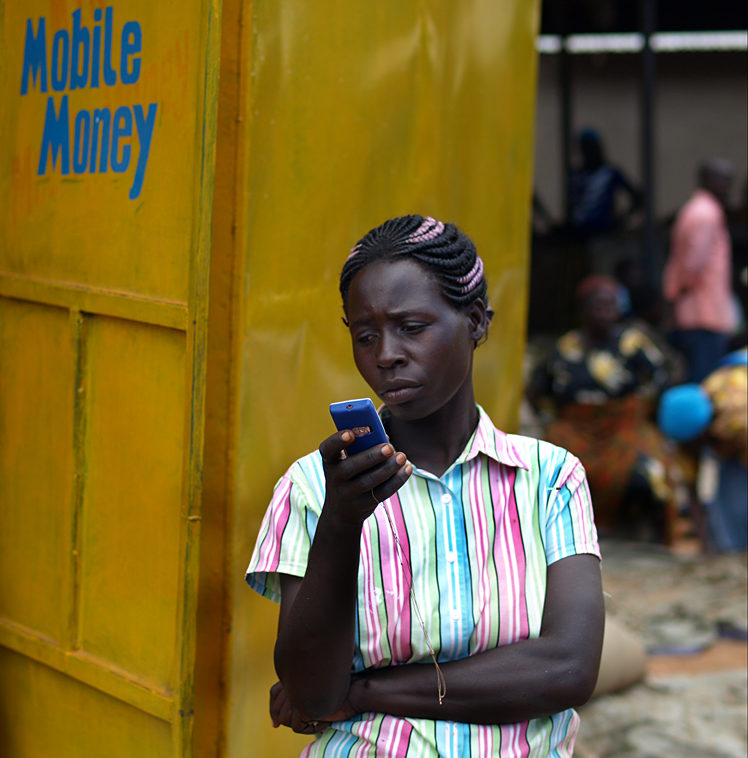Evidence to Action 2013: Promoting Global Development in a Changing Climate
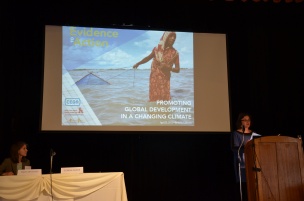
On April 25, CEGA joined its partner organizations the Abdul Latif Jameel Poverty Action Lab and the Energy Institute at Haas in hosting “Evidence to Action: Promoting Global Development in a Changing Climate.” The symposium highlighted new research on the impact and cost-effectiveness of innovative climate change adaptation and mitigation strategies in developing countries. It also featured talks by policymakers who are using these findings to improve environment and energy policy.
The event was also supported by the Clausen Center for International Business & Policy.
Keynote Speaker
Tom Steyer (Co-Founding Director, Next Generation)
Event Photos
https://www.flickr.com/photos/59053315@N06/sets/72157633459535088/
Program
Welcome (link to slides)
Temina Madon (CEGA) opened the symposium by highlighting the common questions to be explored in the ensuing presentations: Which mitigation and adaptation strategies actually work? And what are the barriers we face to good policy design? Mary Ann Bates (J-PAL) described J-PAL’s and CEGA’s approach: Identify the most critical gaps in our knowledge, fund rigorous impact evaluations to help answer these questions, disseminate the resulting policy lessons, and partner with policymakers to scale up policies that have been proven to be effective. A key strength of this approach is the requisite close collaboration with policymakers and practitioners who understand the issues on the ground, two of whom are presenting today (Veronica Irastorza and Hardik Shah).
Quantifying the Impact of Climate on Human Conflict
Ted Miguel and Marshall Burke (UC Berkeley) presented their work with Solomon Hsiang (Princeton) exploring the link between climate change and conflict. The team compiled and re-analyzed data from 62 studies from historical climatology and paleoclimatology,
Energy Consumption Trends in Developing Countries (link to slides)
Paul Gertler (UC Berkeley) discussed the challenges and implications of increased energy demand in the developing world stemming from economic growth. He emphasized the needs for energy use forecasting to account for pro-poor growth, for substantial new generation capacity, for understanding the benefit-cost ratio of alternative energy in the face of rapid growth in connections to the grid, and for investigating whether it pays to make entry-level appliances for first-time owners more efficient.
Impact of Stress-Tolerant Rice on Farmer Welfare in India (link to slides)
Elisabeth Sadoulet and Kyle Emerick (UC Berkeley) presented on a field experiment to establish the yield profile of new flood-tolerant seeds in flood-prone districts of Orissa, India, a project that exemplifies the intersection of poverty, food security, drought, and agricultural innovation. They found positive impacts of the new seed variety in terms of both efficiency and equity, concluding that flood-tolerant technological innovation is a promising instrument for adaptation to climate change.
Environmental Investments on Private Land: Planting Trees in Chipata (link to slides)
Paulina Oliva (UC Santa Barbara) spoke about a project in Chipata, Zambia, investigating the effectiveness of economic incentives (payment for ecosystem services, or PES) for farmers to plant environmentally-beneficial trees in the presence of uncertainty and limited liability. She found that economic incentives are effective at encouraging adoption, but there was variation in performance in terms of tree survival. Furthermore, the potentially large value of PES to farmers’ income sources may come at the expense of program performance. This research is informing the design of large-scale public- and private-sector efforts to plant the beneficial trees.
Keynote Address – Tom Steyer
In his keynote address, Tom Steyer (Co-founding Director, Next Generation) explained the grim consequences of climate change for the developing world over the next 40 years, and provided a call to action for immediate policy change and technological adaptation. He concluded his speech by highlighting California’s continued role as a leader in promoting new climate change mitigation policies.
​Willingness to Pay for “Clean Tech” in Kenya and India (link to slides)
Eric Brewer (UC Berkeley) & Catherine Wolfram (UC Berkeley) discussed innovative solutions to electrifying rural households for the 2 billion people currently living without access globally. They presented their preliminary work on the demand for and impacts of solar-powered microgrids in India, and grid connection subsidies in Kenya. Both studies are being carried out with the aid of wireless data collection tools.
​Making Environmental Regulation Effective: Experimental Evidence from India (link to slides)
Michael Greenstone (MIT) & Hardik Shah (Gujarat Pollution Board) discussed the challenges of environmental regulation in India. First, Greenstone presented on how a change in pollution auditor incentive structures in the state of Gujarat lead to significant reductions in false reporting and actual pollution emissions. Shah then discussed how the Gujarat Pollution Board was able to use this evidence to enact real policy change.
​Behavioral Response to an Appliance Replacement Program in Mexico (link to slides)
Lucas Davis (UC Berkeley) and Veronica Irarstorza (UC Berkeley, formerly of SENER) spoke about the need for well-targeted policies in Mexico to promote energy efficiency. First, Irastorza highlighted some of the challenges the Mexican energy ministry has faced in terms of changing consumer behavior. Then, Davis presented the results of a study in which a campaign to promote the adoption of energy efficient appliances among consumers resulted in an unexpected outcome – a net increase in energy consumption.
​Closing Remarks
Craig McIntosh (UCSD) concluded the symposium by re-iterating some of the key tradeoffs we face in terms of furthering the goals of development economists while protecting the environmental health of the planet. Yet, he argued, recent integration of engineering prowess, smart policymaking, and applied field research promises to establish a body of evidence that will result in better outcomes moving forward. He mentioned the strength of the CEGA/J-PAL alliance, and urged those in attendance to support their efforts towards building a joint research initiative in the climate change, energy & environment space.
RELATED EVENT
On Tuesday, April 16th, CEGA, BERC, and ERG hosted a *free screening* of the documentary film Chasing Ice in Sutardja Dai Hall auditorium. Dan Kammen, ERG Professor and member of the Intergovernmental Panel on Climate Change (IPCC), gave a brief talk introducing the film.
Participants
Registration is now closed.
Photo Credit: “Bangladesh shrimp fry collection” by Oxfam GB / International

